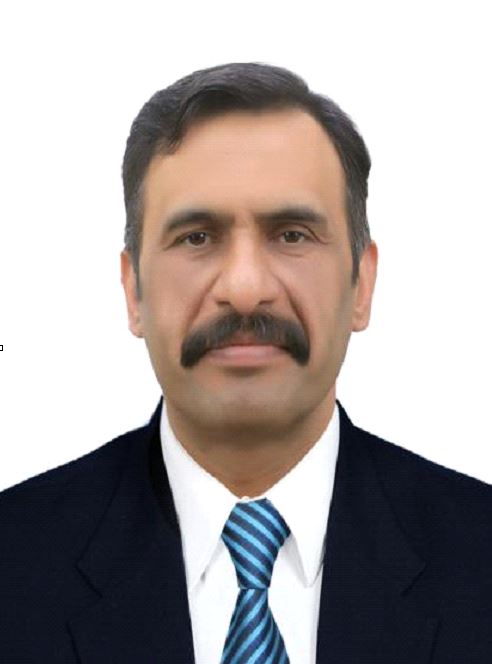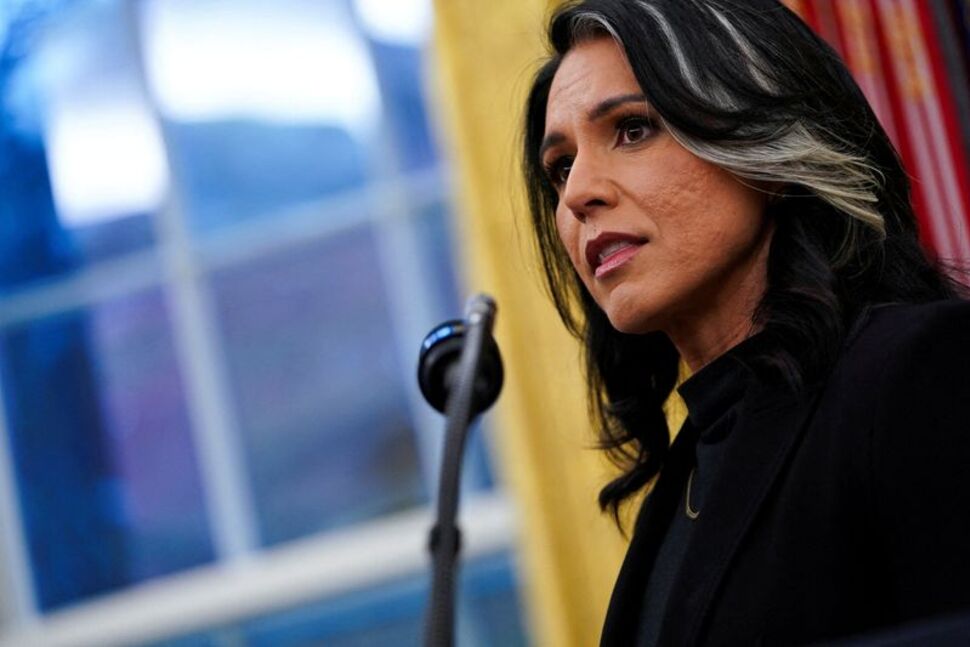(Author: Dr. Muhammad Rizwan Bhatti)
Societies are changing more quickly than their political systems in an era of youth-led movements, digital activity, and growing calls for justice. As per the findings of Samuel P. Huntington’s argument in Political Order in Changing Societies, instability results when societal mobilization surpasses institutional progress, as is the case in Pakistan now. This conflict between societal energy and official response is exemplified by the recent Tehreek-e-Labbaik Pakistan (TLP) protests that paralysed state infrastructure and resulted in police casualties. Huntington’s caution that street politics fills the hole left by institutions’ inability to absorb public engagement was confirmed by the state’s subsequent proscription of the group.
The Elections and constitutional changes have long been used to gauge Pakistan’s political success, but true advancement depends on civic reform and public accountability. Democracy only thrives when citizens embrace civic principles Gabriel Almond and Sidney Verba’s Civic Culture. Similar to Talcott Parsons’ structural functionalism and political stability is linked to moral and social coherence, which Pakistan needs to improve through civic involvement and education. The history of the country shows how ideology has continuously changed politics. General Zia-ul-Haq’s Islamization introduced conservatism into legislation and education, changing Pakistan’s moral environment, while the early Urdu-Bengali language issue exposed the peril of stifling cultural diversity.
On the other hand, Imran Khan’s vision of a sovereign, independent Pakistan stoked populist and nationalist feelings, while General Pervez Musharraf’s “Enlightened Moderation” attempted to reconcile faith and modernity. These experiments highlight the interdependence of social consciousness and political development in Pakistan. However, entrenched elites and networks of patronage still control governance, which restricts innovation and inclusivity. Women and young people are still underrepresented in decision-making, despite making up the majority demographic. In the meantime, polarization on social media feeds mistrust and false information, which is consistent with Manuel Castells’ network society thesis, which holds that while digital empowerment might democratize discourse.
Pakistan has to increase social capital and trust in order to close the gap between political reform and societal transformation. According to Robert Putnam’s argument, civilizations with robust civic networks have superior governance. In a similar vein, Amartya Sen’s capacity approach emphasizes human agency and empowerment as the foundation of long-term development. Reforms only work when they are based on citizen engagement rather than being imposed from above, as demonstrated by the lessons learned from Indonesia and Tunisia. Pakistan’s future depends on strengthening the social underpinnings of democracy. Beyond the classroom, media and public areas should be included in civic education. By strengthening women, young people, and underprivileged groups, political inclusivity must transition from rhetoric to practice. According to John Dewey’s democratic thought, accountability and transparency are still crucial for maintaining institutional integrity, but knowledgeable individuals are the cornerstone of self-governance.
In the end, social enlightenment rather than political engineering will determine Pakistan’s future. Without civic enlightenment, rewriting constitutions or reorganizing governments will remain meaningless. Transforming communal awareness is the first step toward lasting reform, echoing Antonio Gramsci’s concept of cultural hegemony. Pakistan must transcend ideological rigidity and cultivate a civic vision that integrates democracy, diversity, and faith, where moral reform becomes institutional renewal and societal awareness drives political maturity. Only then can Pakistan truly reimagine its political future.
Author’s Biography
Dr. Muhammad Rizwan Bhatti holds a Ph.D. in Political Science and writes regularly on issues related to Terrorism, Counter terrorism (CT), Countering Violent Extremism (CVE) and policing affairs.


